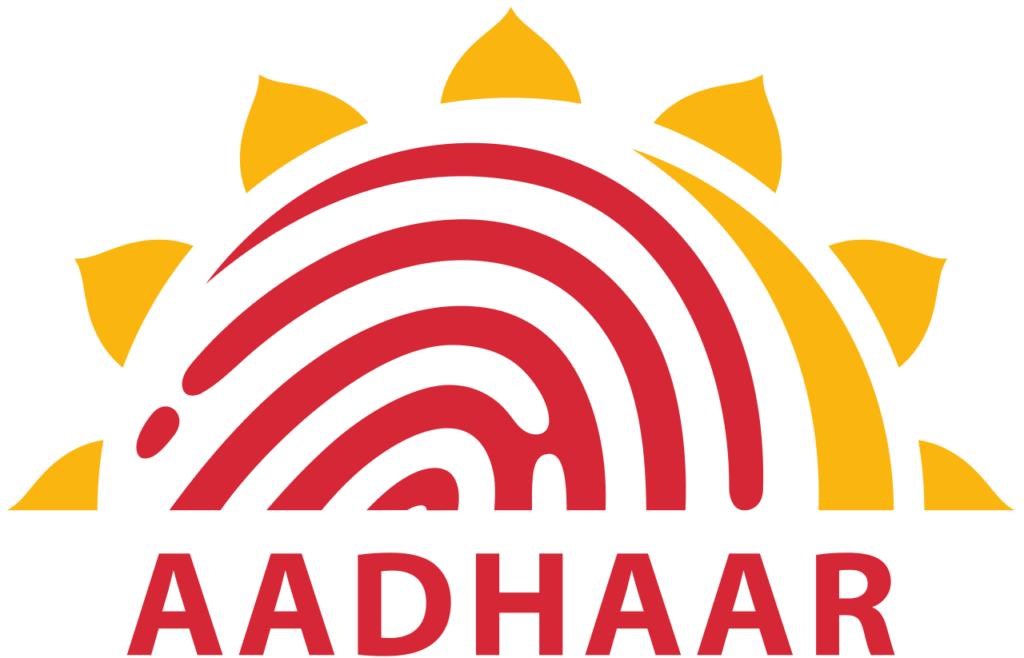Attorney General on Aadhaar: “You want to be forgotten. But the State doesn’t want to forget you
At today’s hearing on Aadhaar in the Supreme Court, the Attorney General Mukul Rohatgi responded to the arguments made by the petitioners. He claimed there were only two ways to challenge an enactment of Parliament – first whether parliament has the power to make such a law and second whether the law infringes the Constitution. He said the petitioners had no right to argue privacy.
He claimed that the object of introducing Aadhaar was to stop black money and terrorism. The AG argued that giving fingerprints to the Aadhaar database was acceptable as we in any case give our fingerprints for buying property, visas, give our photos for rations and make driving licenses. He said the petitioners cannot claim they don’t have passports or phones.
Justice Sikri interrupted to clarify that these were voluntary services.
The AG said: “What is privacy. You don’t have a house, you don’t live the way you project. You cannot say you want live in a vacuum. I have transgressed to show that the concept of bodily integrity is bogus.” He explained that abortion was regulated and prohibited under certain circumstances laid down by law.
AG argued that PAN was a doubtful document made on the basis of localised documents which could be duplicated. (In fact, PAN is a valid document of identity proof to obtain an Aadhaar card.) The PAN card, he said, was suspect because of fraud, tax evasion and black money used for drugs and terror. He said Aadhaar could not be faked and it was the most secure ID.
The AG argued that PAN-Aadhaar linking was being made mandatory to fulfil international obligations under FACTA which obliged the government to share information on foreign citizens in India with their own governments. “If we do not have a robust system how can we give details. We have obligations to the world.”
He also said that aadhaar was necessary and that it had been introduced for the purpose of delivering benefits including the food rations in Public Distribution System and MNREGA, and that the government could nevertheless use Aadhaar for anything it wished to. Further, he claimed that the government had saved Rs. 50,000 crore. (This savings figure has been disputed by the Comptroller and Auditor General’s office as well as several researchers and economists, who claim that the bulk of the savings came from a reduction in international prices.)
In response to the Jharkhand leaks the AG said the central government and the UIDAI were not responsible rather the state
government was. Leaks from the central government (e.g., Swachch Bharat Mission) were not mentioned. In another first the Government admitted that Aadhaar is mandatory as provided for by section 7 of the Aadhaar Act, though it has claimed several times in court and parliament over past six years that enrolment is and will be voluntary.
The AG said that the right not to have bodily intrusion is not absolute. In the case of criminal matters, criminals have to surrender their fingerprints. The AG said “I am not saying everyone is accused but we need identification.” In response Justice Sikri said “you cannot raise the spectre of crime to say that we will treat everyone as an accused. The liberty of individuals is to be maintained. We live in a society and we have to live with dignity.”” You cannot stretch this theory to that extreme. Isn’t there a balance between dignity and state interests?” Justice Sikri told the AG. These were among several interjections from Justice Sikri.
When AG argued, the right to your body is restricted by the State, this is Rousseau’s Social Contract, citing that there are breath checks for drunk driving, Justice Sikri pointed out, that these examples were not apt, because in those instances, the restrictions are reasonable.
The hearing will continue tomorrow, May 3.

